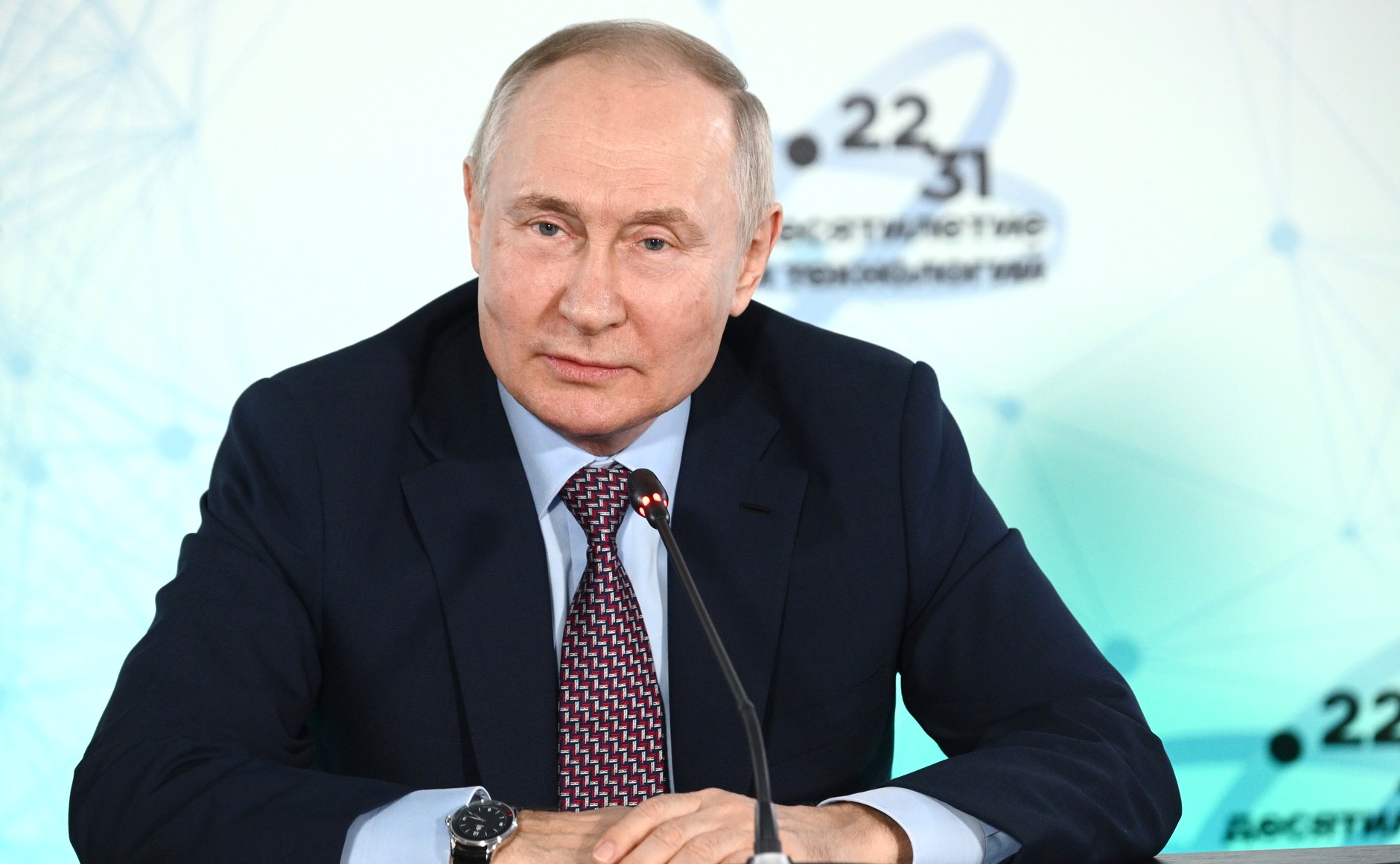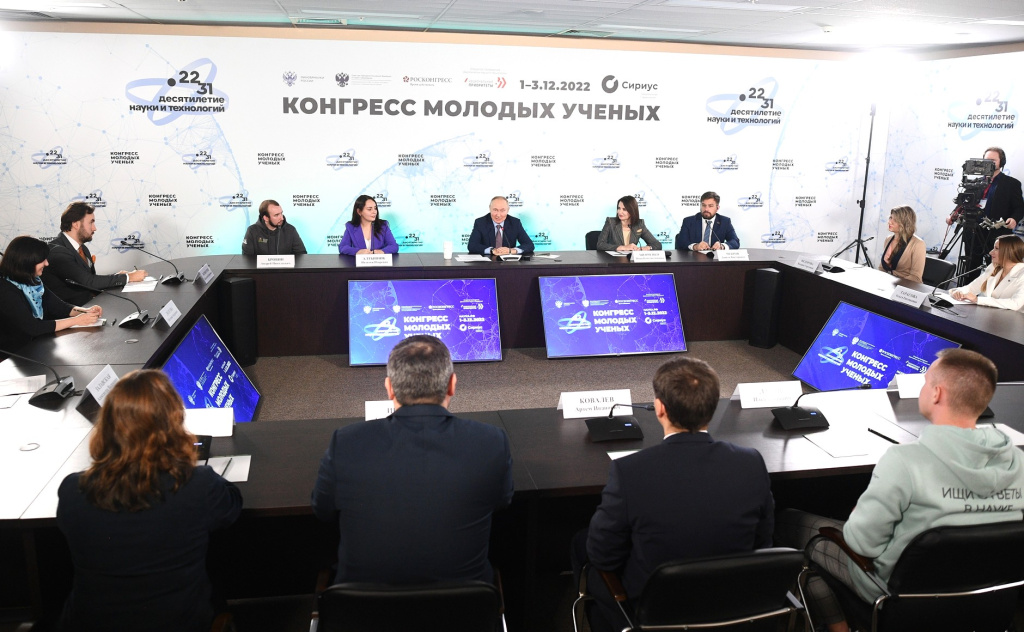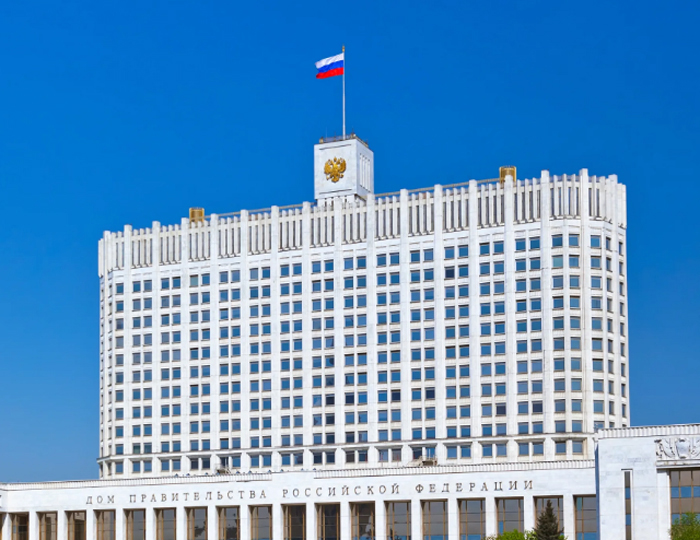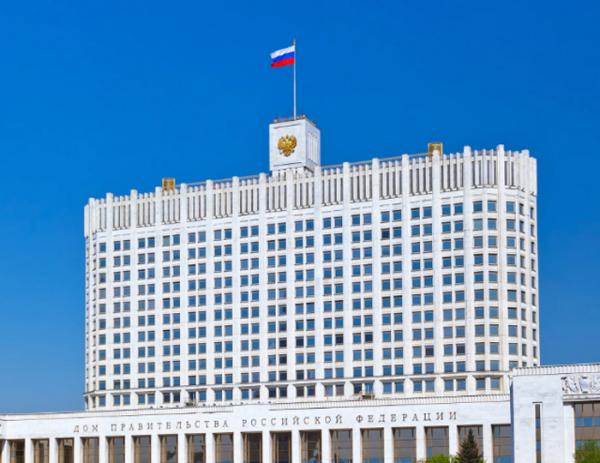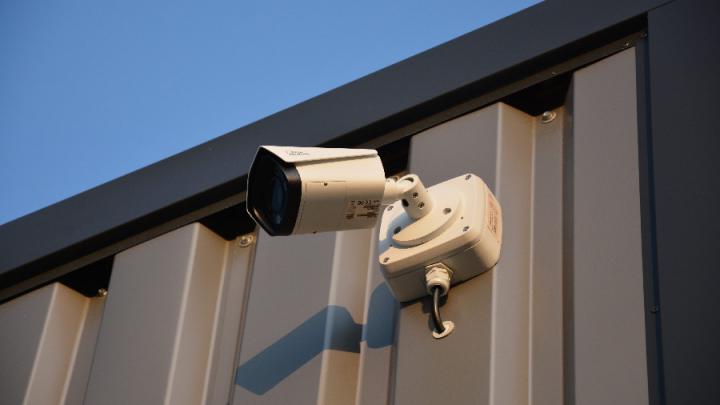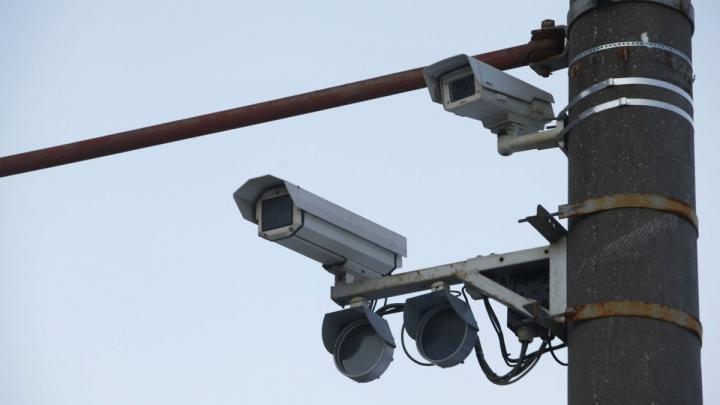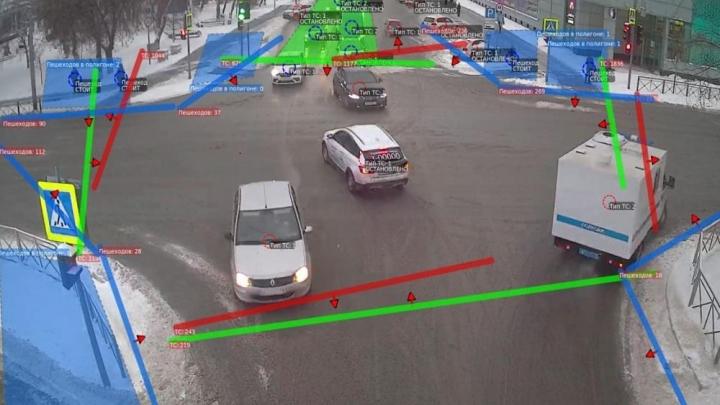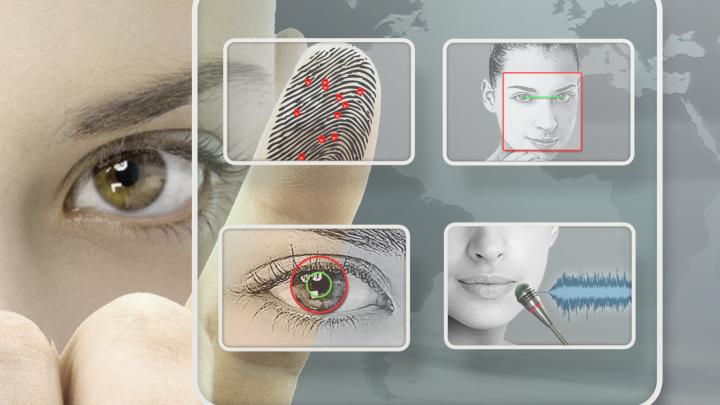Lalas
Star
- Joined
- Nov 8, 2022
- Messages
- 2,105

Эксперт: опыт и заслуги соискателя могут быть переведены в токены для эффективности найма
По мнению эксперта Центра компетенций НТИ "Центр технологий распределенных реестров" на базе СПбГУ Кирилла Дорожкина, токенизация сферы найма сотрудников поможет стандартизировать принципы формирования зарплаты
According to Kirill Dorozhkin, an expert of the Competence Center of the NTI "Center for Distributed Registry Technologies" based on St. Petersburg State University, tokenization of the hiring sphere will help standardize the principles of salary formation
MOSCOW, January 2, 2023. /TASS/. Tokenization of the sphere of hiring employees in the future may involve the transfer of a person's career achievements into digital equivalents (tokens), from which a personal rating of the applicant will be compiled for more effective recruitment. This opinion was expressed by Kirill Dorozhkin, an expert of the Competence Center of the National Technology Initiative (NTI) "Center for Distributed Registry Technologies" at St. Petersburg State University.
The introduction of tokens in this area will help optimize the process of hiring specialists, as well as standardize the principles of forming salaries of employees in different industries.
"A diploma of education, certificates, personal achievements and work experience can become a full-fledged digital asset of a person if they are tokenized. <...> Such an asset becomes practically an analogue of its market value as an employee, on its basis it will be possible to build a ratio of specialist competencies and wages," the expert believes.
The rating formed on the basis of the resume content can be used by employers at the initial stages of selection, allowing them to take into account not only "hard", but also "soft" skills - such as adaptability, creativity and empathy. At the same time, the "digital wallet" of competencies will change throughout a person's life, replenished with relevant knowledge, Dorozhkin said.
The competence center of the NTI "Center for Distributed Registry Technologies" on the basis of St. Petersburg State University plans to start work on a project that would combine individual solutions in this area into a single system, the expert also told TASS.
Руслан Эдельгериев принял участие в 15-й сессии Конференции Сторон Конвенции ООН о биологическом разнообразии
Советник Президента, специальный представитель главы государства по вопросам климата Руслан Эдельгериев возглавил российскую делегацию на 15-й сессии Конференции Сторон Конвенции ООН о биологическом разнообразии, состоявшейся в Канаде с 7 по 19 декабря.
Presidential Adviser, Special Representative of the Head of State on Climate Issues Ruslan Edelgeriev headed the Russian delegation at the 15th session of the Conference of the Parties to the UN Convention on Biological Diversity, held in Canada from December 7 to 19.
December 19, 2022 Canada
The event is dedicated to developing common approaches to the conservation of biological diversity on the planet and discussing the further development of the global environmental agenda.
The key outcome was the adoption of the Global Biodiversity Framework for the Period after 2020, which has been working on for more than four years. The document defines four global goals up to 2050, 23 targets up to 2030 and measures for their implementation at the global, regional and national levels with the aim of transforming economic, social and financial models in such a way as to stop the loss of biodiversity by 2030 and restore natural ecosystems by 2050.
During his speech at the High-level Segment, Ruslan Edelgeriev stressed that the Convention adopted exactly 30 years ago was and remains a key universal international legal instrument that ensures the unification of the efforts of states and multilateral organizations in the struggle for the conservation of nature and the prudent use of the resources of our common planet.
At the same time, the Russian Federation attaches great importance to the conservation of biological diversity and ensuring the sustainable use of its components. In our country, over 25 percent of the land territory is under legislative protection. As a result of the work done in recent years, about 100 species, subspecies and populations of animals have been excluded from the Red Book. It was possible to ensure the growth of the Amur tiger, Far Eastern leopard, snow leopard, polar bear, bison, falcons.
On the sidelines of the conference, R. Edelgeriev also held working meetings with Huang Juncu, Minister of Ecology and Environment of the People's Republic of China, Elizabeth Mrema, Executive Secretary of the Convention on Biological Diversity, as well as delegations from Central Asia and other states.
15th Conference of the Parties to the Convention on Biological Diversity
/COP15/ China and Russia join efforts to promote global sustainable development in the field of biodiversity
Keywords: COP15 China Russia
Kunming, October 15 /Xinhua/ -- The first stage of the 15th meeting of the Conference of the Parties to the Convention on Biological Diversity /COP15/ was held in Kunming /Southwest China/ from October 11 to 15 this year. During the meeting, the "Kunming Declaration" was adopted, calling on all parties to take measures in response to the call to build a single life community on Earth, contain the loss of biodiversity, improve human well-being and achieve sustainable development.
China and Russia are parties to this convention and the largest countries in the world in such aspects as population and area, respectively. Both States are committed to the full implementation of the UN 2030 Agenda for Sustainable Development and the promotion of equitable, inclusive, open, inclusive, innovative and sustainable development in three main areas, in particular the economy, society and the environment, in a balanced and coordinated manner.
....
NEW MOMENTUM, NEW CONFIDENCE AND NEW HOPE
Cooperation in the energy sector has always been the most important, fruitful and extensive part of practical cooperation between China and Russia, while nuclear energy is a strategic priority of energy cooperation between these two countries. In May 2021, work officially started on the construction of the 7th and 8th power units of the Tianwan Nuclear Power Plant in Lianyungang /prov. Jiangsu, East China/, as well as the 3rd and 4th power units of the Xudapu NPP in Huludao /prov. Liaoning, Northeast China/. These are the largest nuclear energy cooperation projects between China and Russia to date.
China has announced a goal to reach a peak in carbon dioxide emissions by 2030, and carbon neutrality by 2060. Industry insiders note that nuclear energy, characterized as environmentally friendly and efficient, will provide strong support to China in achieving its goals of achieving peak carbon emissions and carbon neutrality.
The data show that after the completion of construction and commissioning of the above four power units, the annual capacity of their electricity production will reach 37.6 billion kWh, which is equivalent to an annual reduction in carbon dioxide emissions by 30.68 million tons.
According to experts, the strengthening of cooperation in the field of nuclear energy between China and Russia demonstrates the consistency of the positions of the two sides on climate change on the planet, which gives a new impetus, infuses new confidence and inspires new hope for solving the problem of global climate change. The joint efforts of the two sides to promote the development of "green" energy fully reflect the firm commitment to the responsibility assumed by these major countries. With joint efforts to promote a global "green" and low-carbon transition, Sino-Russian cooperation in the field of nuclear energy has broad prospects.
SCIENCE, INNOVATION AND GREEN DEVELOPMENT
Innovation is an important factor of medium- and long-term economic growth and global sustainable development.
2020 and 2021 have been declared the Years of Chinese-Russian Scientific, Technical and Innovative Cooperation. National years on this topic are held for the first time by these two States. Within their framework, the longest list of the content of cooperation among all the national thematic years between the two countries has been published. Scientific and technical innovations are currently one of the most promising areas of cooperation between China and Russia.
Green development is a long-term strategy for the development of the global economy. The commitment to "green" and low-carbon development and the promotion of harmonious coexistence of man and nature have become an inevitable path for the sustainable development of the world economy. Currently, cooperation between China and Russia in the field of digital economy, green economy, artificial intelligence, 5G technology, big data and other areas is on the rise, providing a constant impetus for the two countries to achieve green development.
Bilateral trade in goods between China and Russia in the first eight months of 2021 amounted to 88.5 billion US dollars, an increase of 29 percent. in annual terms, and is expected to reach a record level throughout the year. In the future, the two countries should use the Years of scientific, technical and innovative cooperation as an opportunity to deepen the benefits of cooperation in relevant areas, create additional advantages of "lightweight assets" and move towards the goal of achieving an annual bilateral trade volume of $200 billion.
Guo Xiaoqiong noted that while China proposed the goals of achieving carbon neutrality and reducing carbon dioxide emissions, Russia also expressed its commitment to the idea of using "green" development as an opportunity to make a breakthrough in technological modernization, transform its economic structure and increase competitiveness in the post-epidemic era. Sino-Russian cooperation contributes to the low-carbon economic development of both countries. The two countries should promote more cooperation projects in the field of low-carbon technologies and play a constructive role in achieving the goal of global sustainable development.
"As world powers, China and Russia are also important energy-consuming and exporting countries, respectively. Against the background of the development of the situation related to the epidemic of a new coronavirus infection and complex changes in the international situation, strengthening cooperation between the two countries on climate change and other issues, as well as active coordination of positions within multilateral mechanisms such as the UN, the Shanghai Cooperation Organization and the BRICS, will contribute to building a clean and beautiful world and will play an important role in promoting the creation of a system of global environmental governance characterized by fairness, rationality and mutually beneficial cooperation", - Guo Xiaoqiong added."
В 2023 году ожидается рецессия мировой экономики -- опрос ВЭФ_russian.china.org.cn
russian.china.org.cn
Keywords: China
Davos /Switzerland/, January 16, 2023 /Xinhua/ -- Two-thirds of leading economists from the private and public sectors expect a global recession in 2023. This is evidenced by the results of a survey published today at the annual World Economic Forum /WEF/ in Switzerland.
The analysts surveyed predict a further tightening of monetary policy in the United States and Europe this year, and believe that geopolitical tensions will continue to shape the situation in the global economy.
About 18 percent of respondents, which is more than twice as much as the result of the previous survey conducted in September 2022, consider a global recession "extremely likely." Only a third of them find this event unlikely this year.
The WEF survey "Forecast of Leading Economists" was compiled on the basis of 22 responses from a group of senior economists representing international organizations, including the International Monetary Fund, investment banks, multinational corporations and reinsurance companies.
According to the WEF statement on the results of the survey, respondents agreed that the prospects for growth in 2023 are gloomy, especially in Europe and the United States. All economists surveyed expect weak or very weak growth in Europe in 2023, while 91 percent hold a similar opinion about the growth rate in the United States.
This indicates a deterioration of the situation since the last statement, when the corresponding figures were 86 percent for Europe and 64 percent for the United States.
"The current high rates of inflation, low growth, high debt and high fragmentation reduce the incentives for investment needed to resume growth and improve the standard of living of the most vulnerable segments of the world's population," Saadia Zahidi, Managing Director of the WEF, said in a statement.
"Leaders should look beyond today's crises and invest in innovations in the fields of food and energy, in education and training, as well as in promising markets of tomorrow that contribute to job creation. There is no time to lose," she added.
9 out of 10 respondents assume that weak demand and high cost of loans will put pressure on companies, while more than 60 percent also point to an increase in production costs. It is expected that these challenges will force multinational companies to cut costs, and in such a situation, according to many leading economists, business will reduce operating costs.
Last edited:

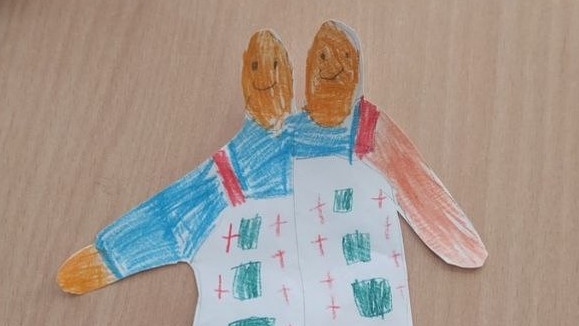
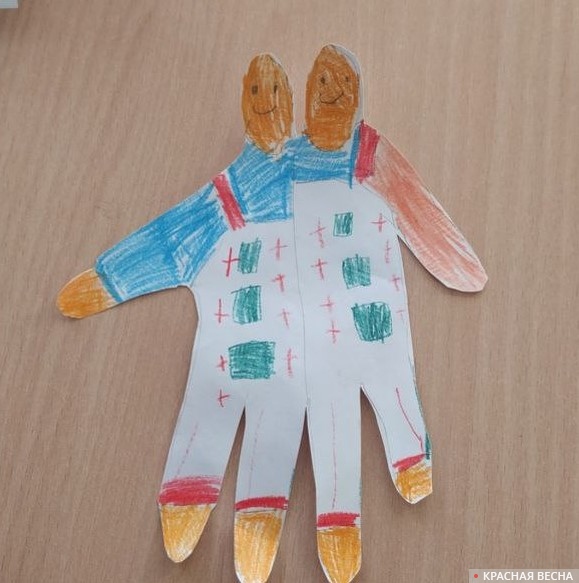
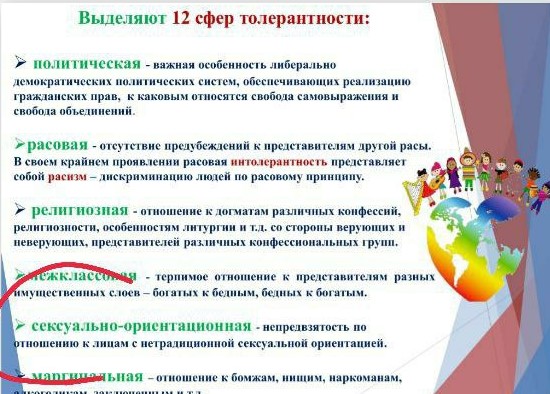

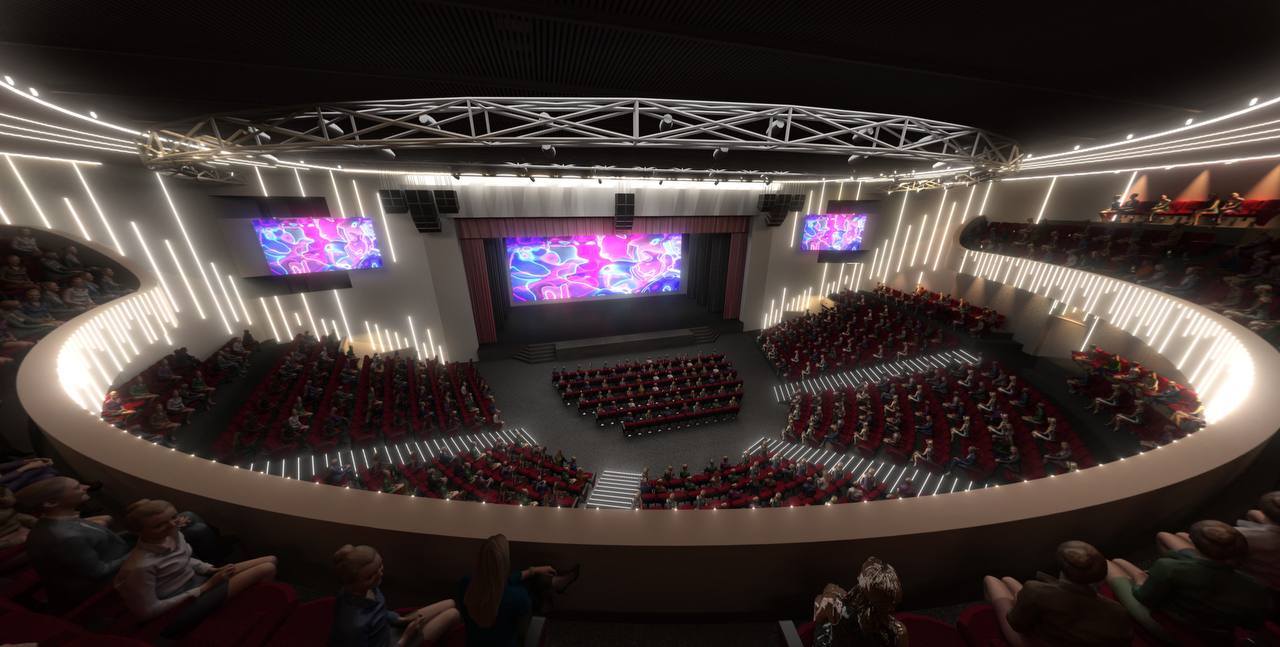

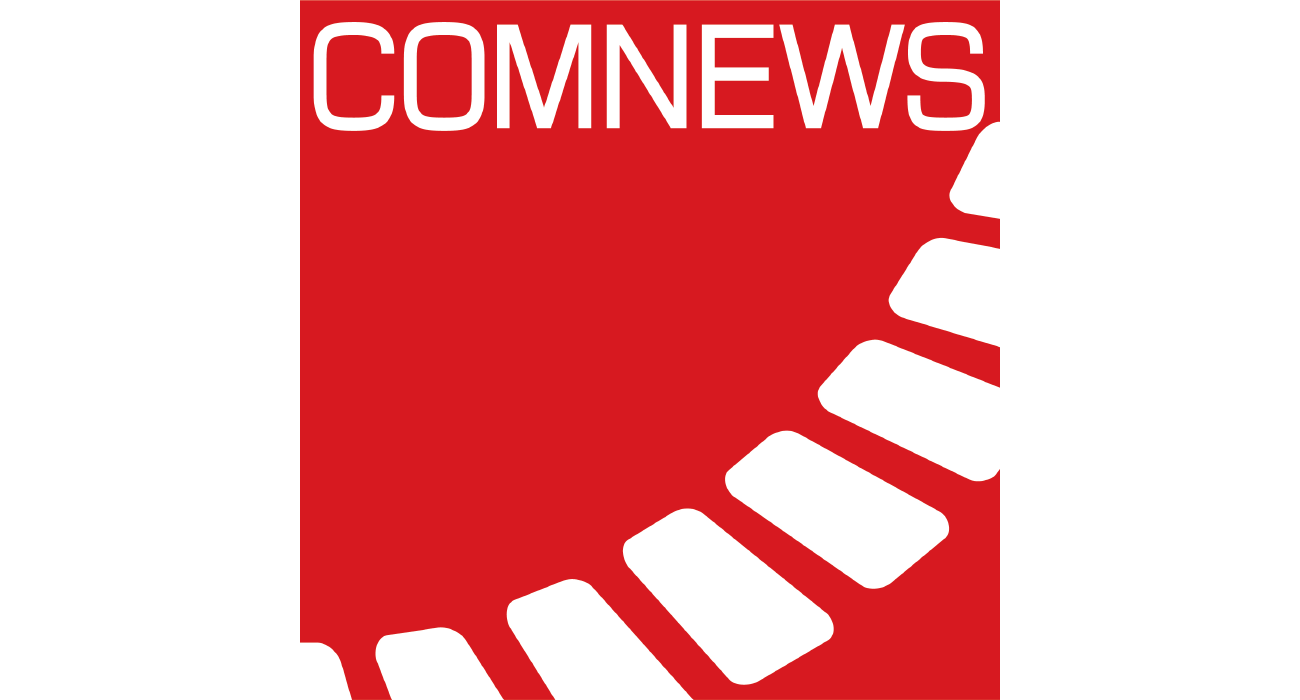
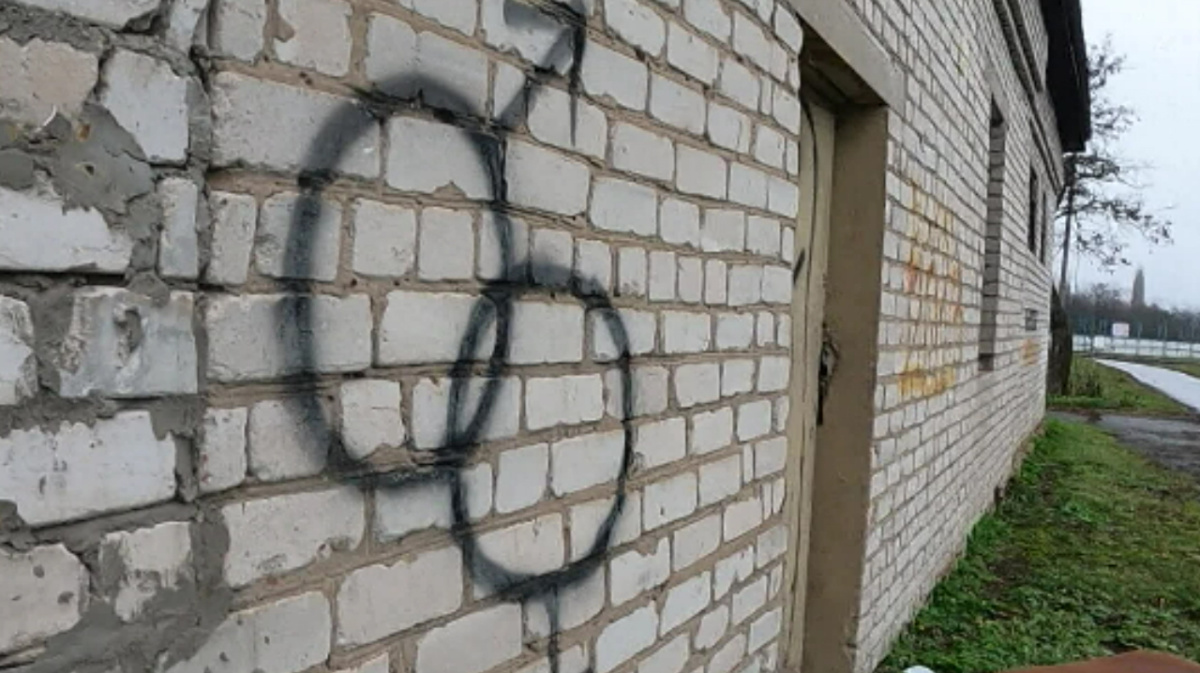
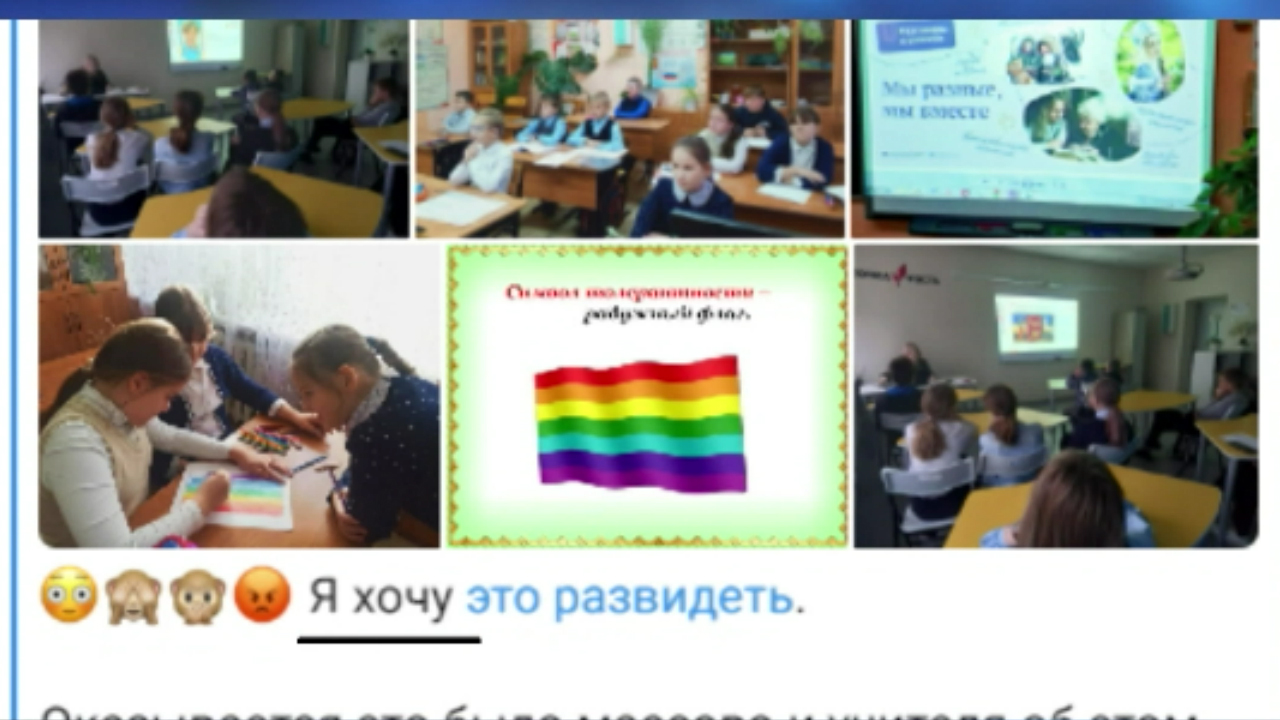
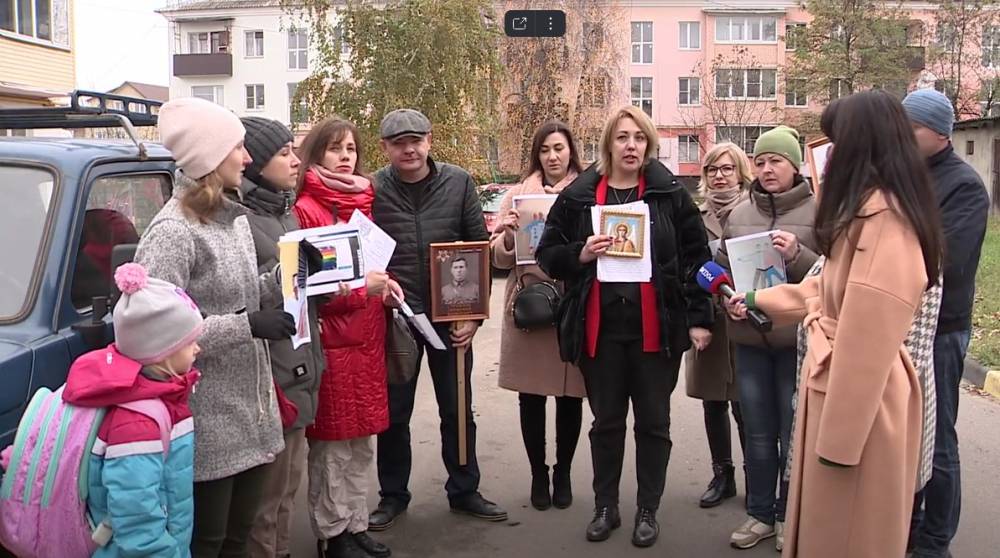








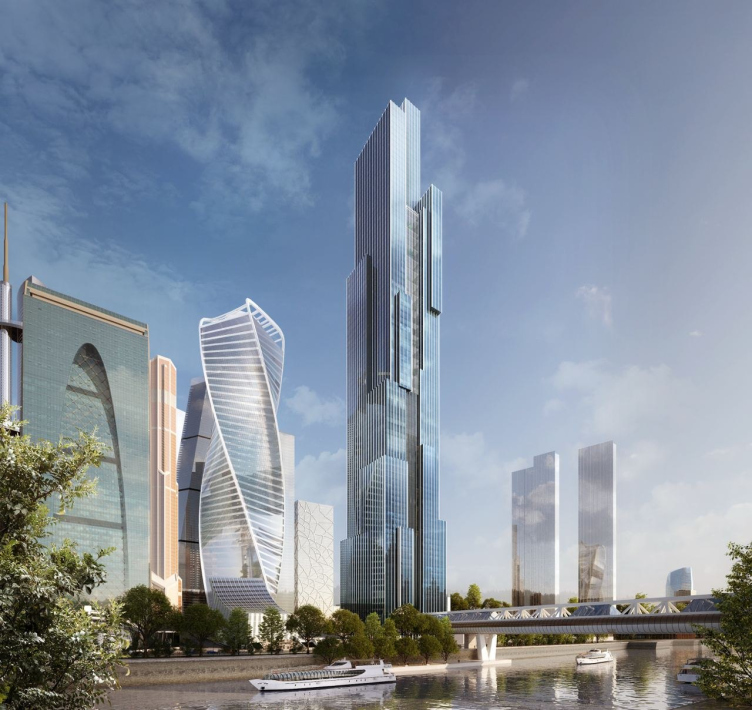





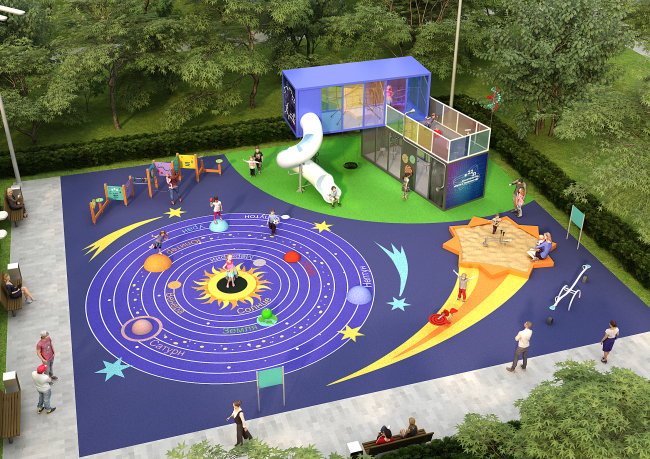
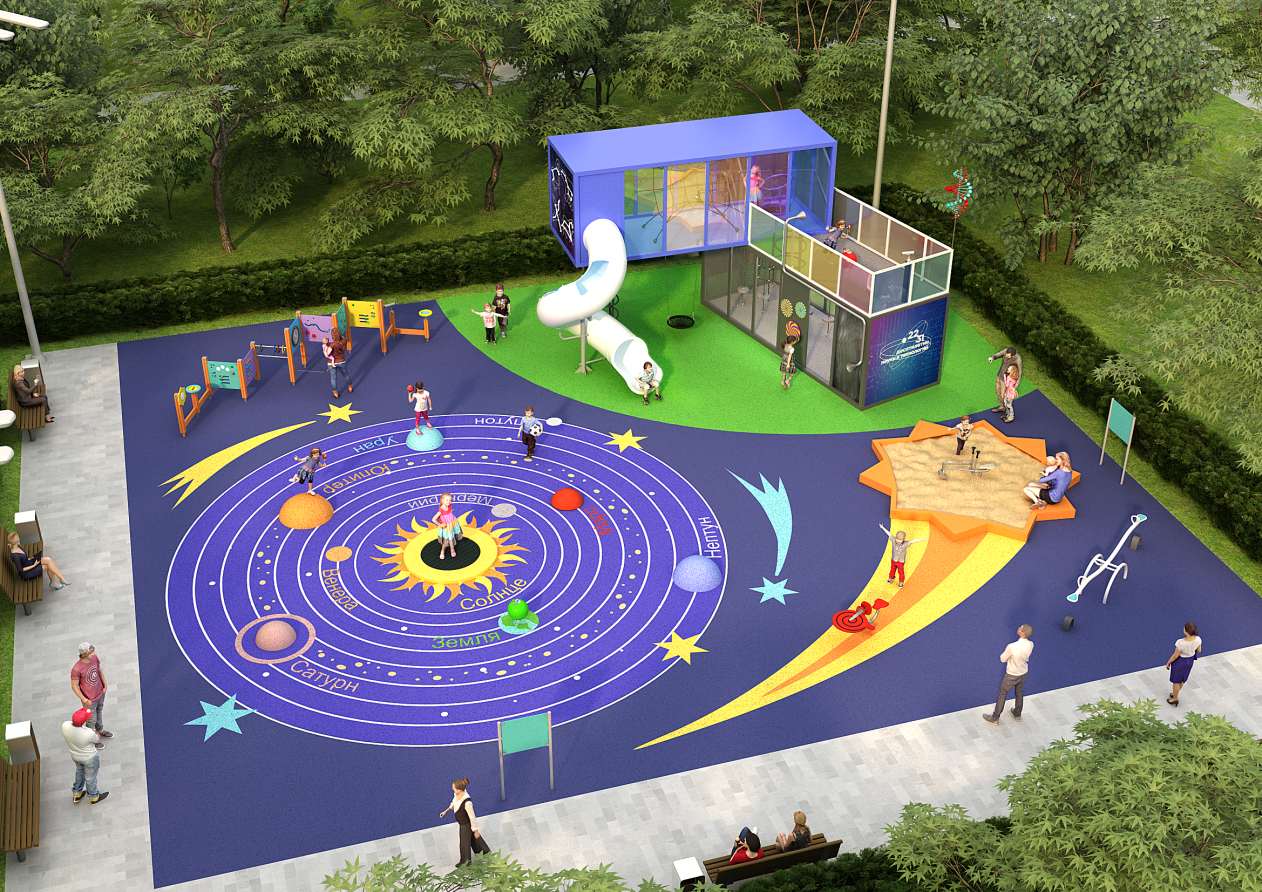


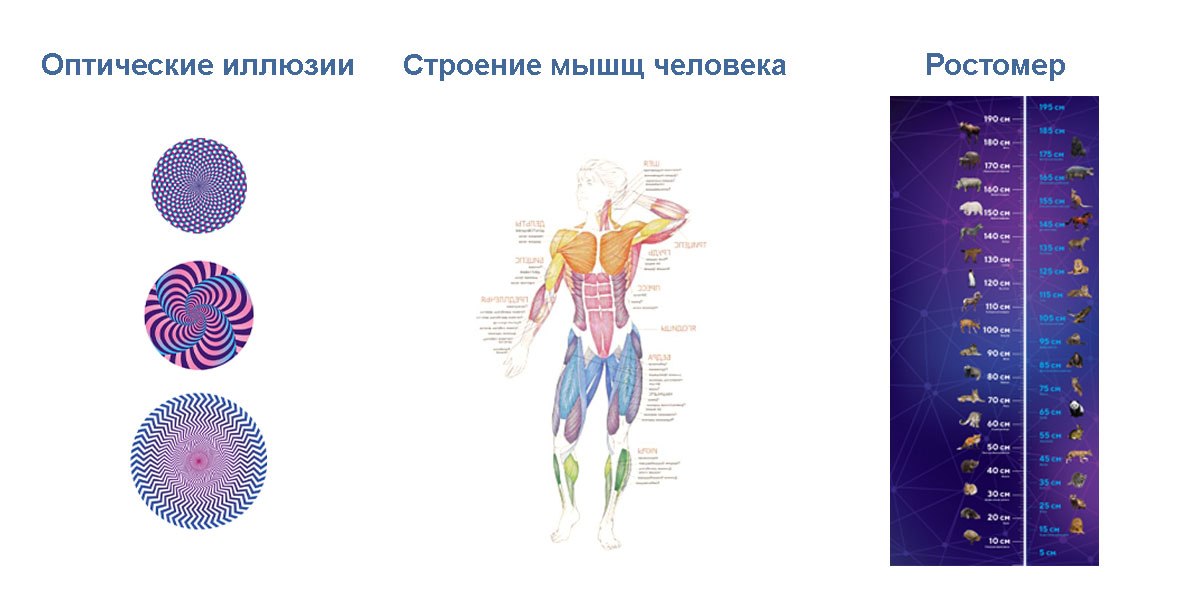
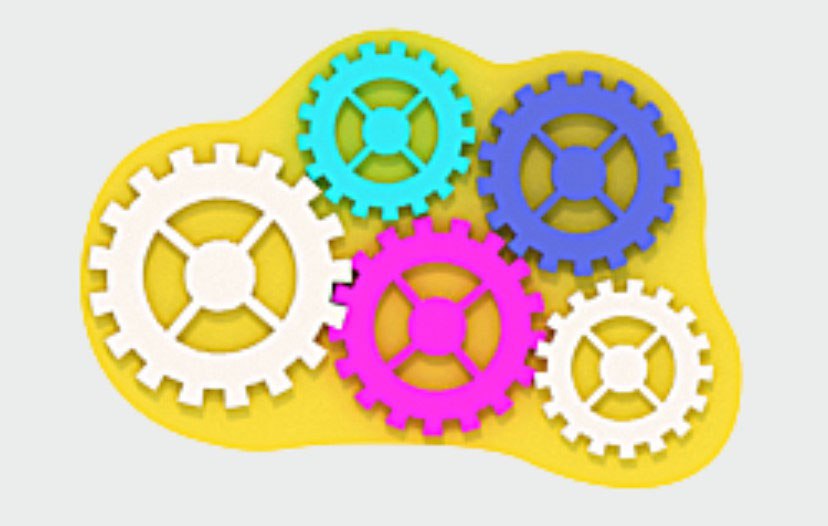
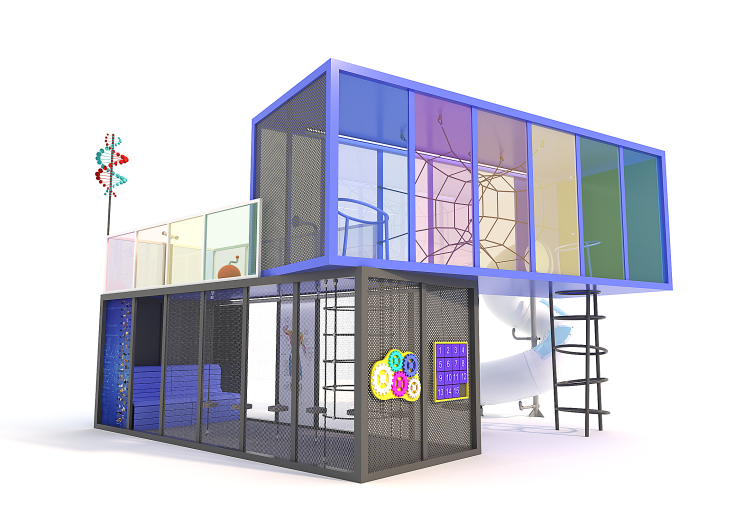

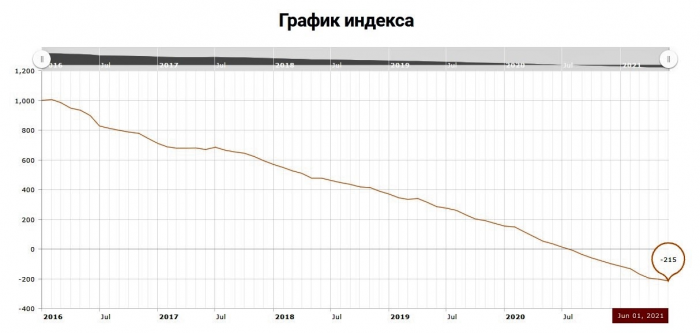

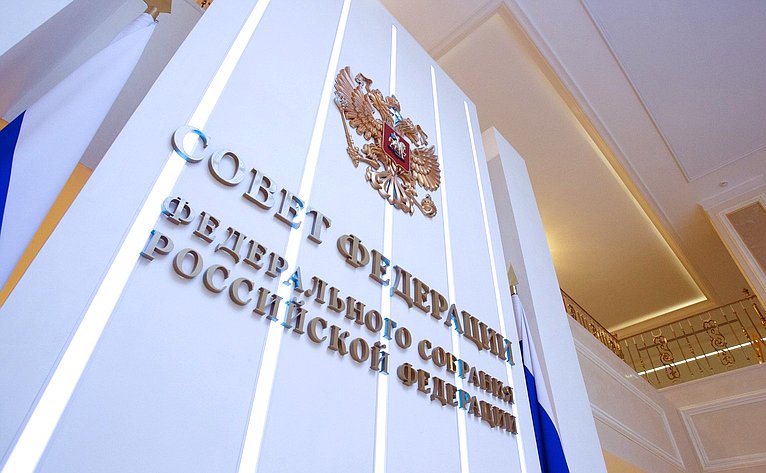
.jpg)
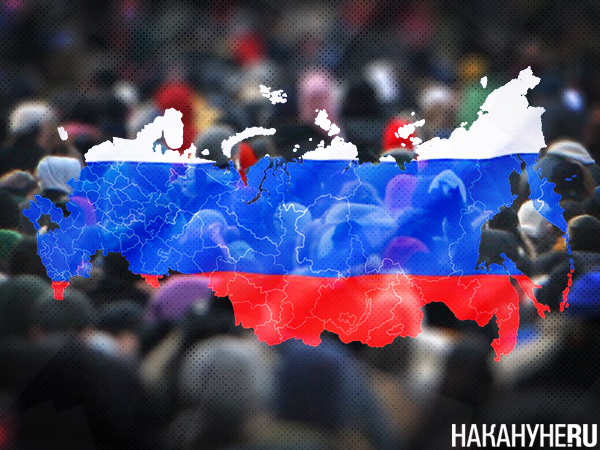

.jpg)


